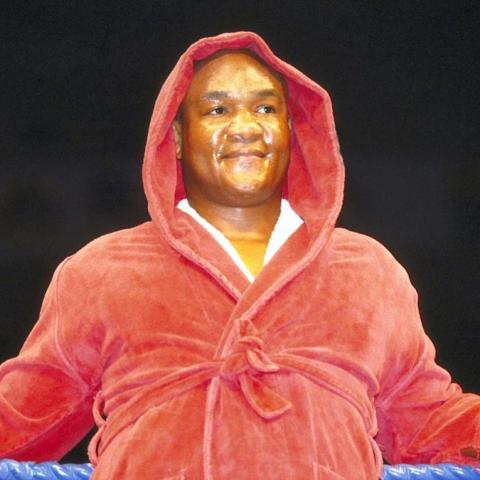Latino food truck owners in North Philadelphia are worried that their businesses might not survive a new curfew that requires them to close by 11 p.m. Many of these trucks serve affordable Dominican and Mexican food late into the night, catering to SEPTA drivers, police officers, and late-night workers.
City Councilmember Quetcy Lozada introduced this curfew in January 2024 to improve safety in areas that have been problematic, like Kensington. She believed that extending the curfew would help tackle crime, citing a 45% decline in violent incidents in her district over a month. However, overall crime rates have increased this year compared to last.
Vendors feel let down by Lozada’s actions. Jose Lora, who owns Delicias Dominicanas, has been serving food at the same corner for over a decade. He questioned how his food truck could be linked to crime, especially since he sees families and children regularly visiting.
The Latino Food Truck Association, which consists of around 50 vendors in the area, has been hit hard. Members have received at least 26 citations this month alone, totaling over $13,000 in fines. Ramon Mezquita, who runs Zurdo Fritura, noted that he received a $500 ticket and was unaware of the new rules before being fined.
Lozada argues that the current regulations are not overly restrictive, as most street vendors are only allowed to operate from 7 a.m. to midnight. Historically, however, food trucks have functioned overnight without consequence due to previous lax enforcement.
Some vendors near Drexel University faced similar circumstances when the school enforced city vending regulations, leading to business closures.
Lozada stated that while there is no direct link between food trucks and crime, she worries that the crowds they attract at night could sometimes lead to problematic situations. Vendors assert otherwise, emphasizing that most patrons are simply looking for a late-night meal.
The enforcement has created anxiety within the community. Enerolisa Rojas, who manages a food truck, expressed concern about potentially laying off staff due to lost income. She has experienced an 80% drop in revenue since the curfew started and feels as if her business is being criminalized.
The Latino Food Truck Association aims to find a solution that balances compliance with their ability to operate. They have proposed establishing a late-night food truck park to cater to their loyal customers.
Rosario, a leader in the association, highlighted the vital role food trucks play in serving affordable meals in food deserts. He believes that their community is being unfairly affected. Notably, larger establishments, like chain restaurants with liquor licenses, are exempt from the curfew, which vendors feel is an unjust double standard.
Tensions recently heightened when the city towed several food trucks and shut down vending operations. The Philadelphia Department of Licenses and Inspections stated the action was related to unlicensed businesses and other violations, not directly tied to the curfew.
As these food truck owners navigate this challenging situation, they continue to voice their concerns, advocating for fair treatment while striving to keep their businesses afloat.
Source link
north-philadelphia-food-truck-curfew






















